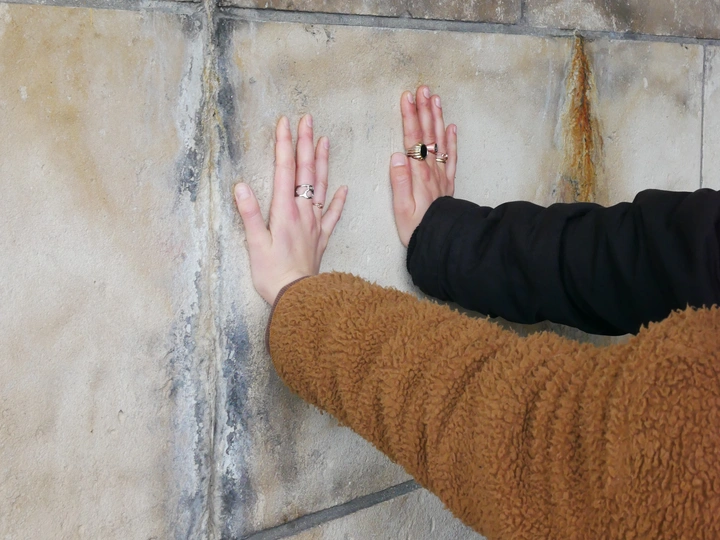NeurodiverCities

I am Dr. Melissa Harrison (b. 1989 New Zealand), an architect, movement artist, writer, and facilitator whose work engages with critical spatial practices, commoning, and embodied experience. I completed my doctoral research at the National Technical University of Athens (NTUA) in 2023, where I explored community-based practices of commoning space and pedagogies of (un)learning under the supervision of Stavros Stavrides (NTUA), Penny Koutrolikou (NTUA), and Jesko Fezer (HFBK). Woven throughout my research and practice are the narratives and modes by which we navigate difference towards more just futures. My research was supported by the William Chick Doctoral Scholarship in Architecture from the University of Auckland. I also hold an MA in Architecture from the University of Auckland and have (conventional) professional experience in Christchurch and Auckland. Amongst other things, I am a member of the >top project space and association, where I co-organised the project, Common(s)Lab (2018-2021); a member of the Urban Commons Research Collective that co-edited the Urban Commons Handbook (2022); and an editorial member of the publishing platform AoA.
NeurodiverCities is a practice-based research proposal—utilising participatory and (auto)ethnographic methods—to explore the politics of urban experience, sensory architectures, and somatic-socio-spatial justice through the lens of neurodiversity. The proposal will explore material processes of disablement as spatial and social processes that marginalise divergent bodies and minds. However, diverse sensory experiences in the neoliberal city will not only be explored through the lens of disablement; but, also, as encompassing an inherent complexity that offers novel insights for critical urban studies.
The project will draw on situated artistic research, rooted in movement practice, sensory attunement, and urban analysis to reveal existing, and unfold new, understandings of common space and just urban futures that are inclusive of different and non-normative subjects—including the more than human. Integrating somatic and pre-verbal ways of knowing in participatory workshops and urban sensory walks, the process aims to unsettle logo-centrism, disciplinary boundaries, and the distinctions between subjectivities and surroundings.
The sensory ethnographic process will be woven with various theoretical studies to identify difficulties, open new questions, and speculate on novel possibilities for urban life. The work will be disseminated through accessible publication formats to open space for thinking through and with difference towards more spacious cities and futures for all inhabitants.